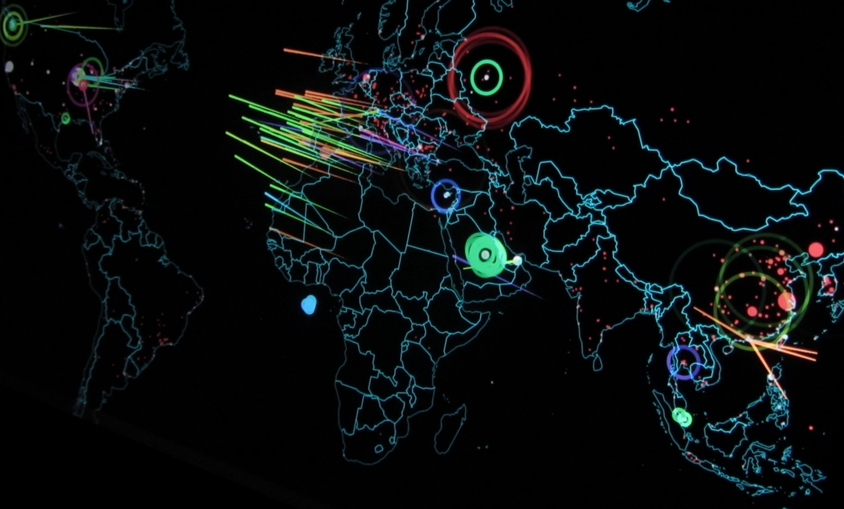In the cyber age, privacy advocates believe Americans will lose ground in 2016
01/13/2016 / By usafeaturesmedia

(Cyberwar.news) For civil libertarians, 2015 was a decent year when it came to protecting online privacy. They and others managed to force a rollback of National Security Agency bulk data collection and electronic surveillance with a retooling of Patriot Act statutes and other measures that the Obama administration claimed were vital in protecting the country from terrorism.
But then, at year’s end they claimed to have been hoodwinked by Congress’ must-pass $1.1 trillion omnibus budget bill, which contained controversial cybersecurity legislation they insist will re-implement many of the worst features of the Patriot Act legislation.
They believe the new legislation will once again empower the NSA to collect bulk data on Americans, The Hill reported.
“It’s an ongoing battle and this is a major step backwards from the progress we’ve been making,” Rep. Jared Polis (D-Colo.), a leading congressional voice on privacy, told The Hill shortly after the spending bill passed.
Both bill, which went in different directions regarding privacy, became emblematic of 2015, the paper noted. Overall, privacy advocates who have watched as the public has grown weary of domestic spying and skeptical of federal intelligence agencies’ broad powers, have not be able to see passage of wide-ranging and irreversible changes they would like to see.
“We’ve ended the NSA bulk collection. I consider that to be a win,” Rep. Blake Farenthold, R-Texas, a prominent voice on civil liberties issues, told The Hill. “But you always have the security hawks saying ‘The more information the government has, the better the battle on terrorism goes.’ I believe the more information the government has, especially about American citizens, the less freedom we have.”
Support our mission and enhance your own self-reliance: The laboratory-verified Organic Emergency Survival Bucket provides certified organic, high-nutrition storable food for emergency preparedness. Completely free of corn syrup, MSG, GMOs and other food toxins. Ultra-clean solution for years of food security. Learn more at the Health Ranger Store.
Some intelligence experts believe that the more bulk data the government collects, the less likely agencies are to spot terrorist plots. That’s also true of some inside the NSA, The Intercept reported in May.
“We in the agency are at risk of a similar, collective paralysis in the face of a dizzying array of choices every single day,” one intelligence analyst wrote in 2011. “’Analysis paralysis’ isn’t only a cute rhyme. It’s the term for what happens when you spend so much time analyzing a situation that you ultimately stymie any outcome …. It’s what happens in SIGINT [signals intelligence] when we have access to endless possibilities, but we struggle to prioritize, narrow, and exploit the best ones.”
Other digital privacy advocates worry that the latest cybersecurity bill, which encourages private tech and media companies to share more data on potential cyber threats with government agencies – is moving in the wrong direction after years of small-scale privacy gains.
Recent mass data breaches have also led to rising concern among digital privacy advocates, but then again, acts of terrorism such as the attacks in San Bernardino, Calif., and Paris over the past year are causing angst among government and intelligence officials.
“We do need to protect ourselves,” Rep. Zoe Lofgren, D-Calif., a lawmaker who often discusses tech issues, told The Hill. “There’s not an argument about that. We also need to protect the Constitution. Those two are not mutually exclusive.”
See also:
Tagged Under: privacy, surveillance




















